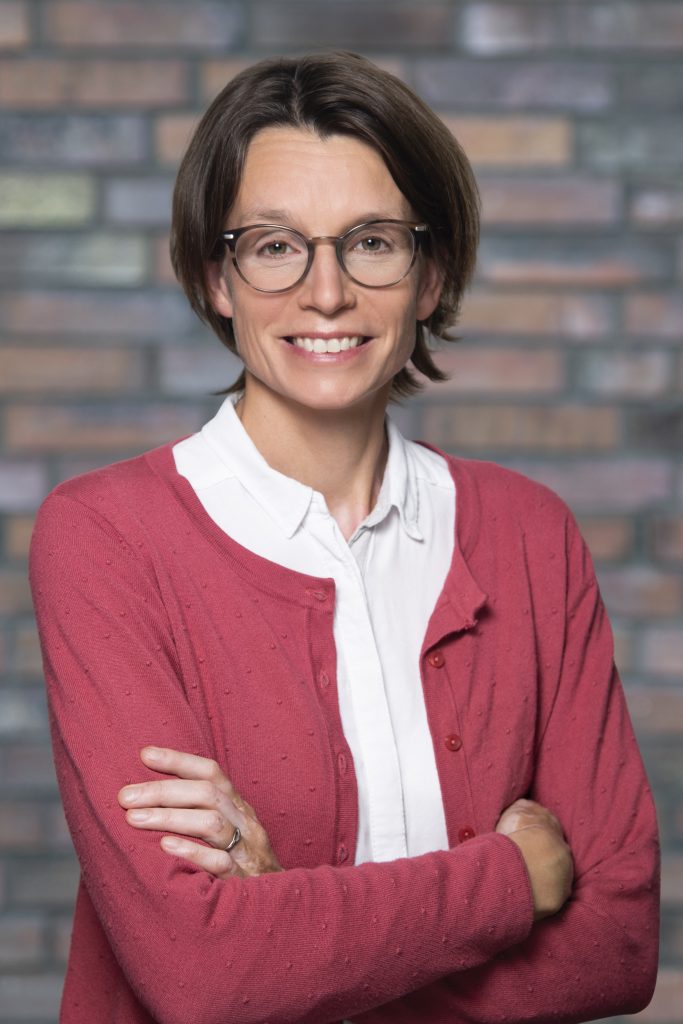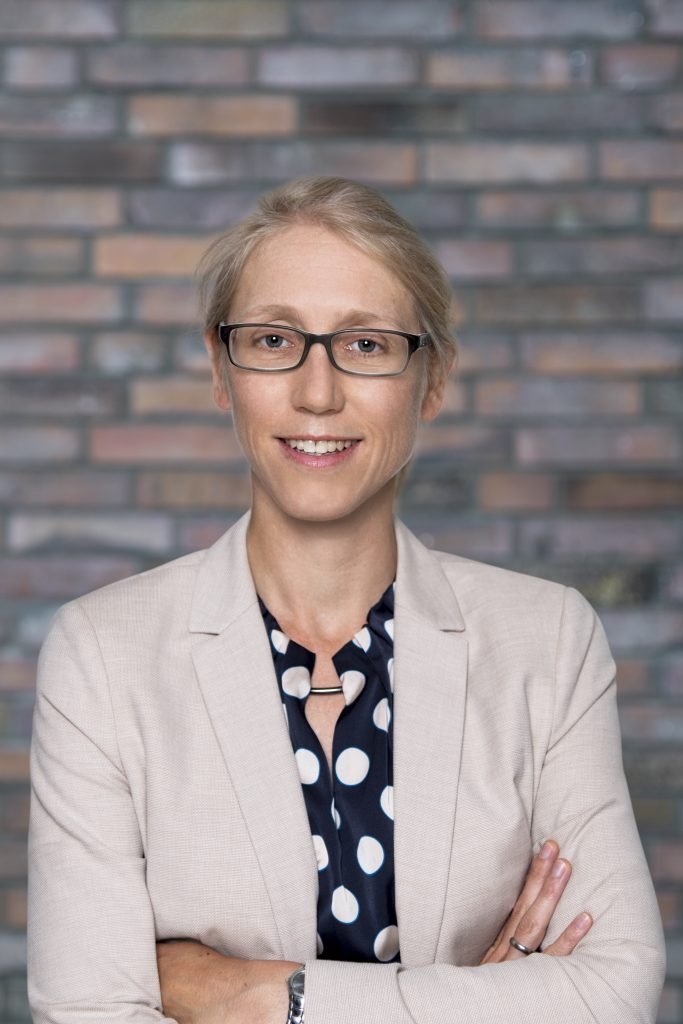Radicals in collagen and the sound of the stars: ERC Consolidator Grants for two HITS researchers
The biophysicist Frauke Gräter and the astrophysicist Saskia Hekker have won ERC Consolidator Grants awarded by the European Research Council (ERC). Both researchers are group leaders at the Heidelberg Institute for Theoretical Studies (HITS) und professors at Heidelberg University. Moreover, HITS has been involved in an ERC Starting Grant for Astrophysicist Fabian Schneider and in a Synergy Grant as a beneficiary this year.
The biophysicist Frauke Gräter and the astrophysicist Saskia Hekker have received ERC Consolidator Grants by the European Research Council. The funding is about two million Euros per grant, with a duration of five years. Both researchers are group leaders at HITS and also professors at Heidelberg University. “We are very pleased about this success “, says HITS Managing Director Gesa Schönberger. “These grants show the high quality of our research, and they are also the result of a very intense collaboration with Heidelberg University.“
Hunting radicals in collagen
Frauke Gräter has been group leader at HITS since 2009, and from 2021 on, she will be Scientific Director of the Institute. Since 2014, she has been professor for molecular biomechanics at Heidelberg University. The award-winning scientist wants to decipher how proteins have been designed to specifically respond to mechanical forces. For example, synthetic polymers subjected to mechanical stress generate mechanoradicals by rupture of chemical bonds. But could those harmful and highly reactive radicals also form in our tissues when stretched? Frauke Gräter tackles this question by taking a closer look at collagen, the protein which provides structural and mechanical stability to all our connective tissues like bones, tendons, ligaments, and skin. She has already shown that excessive mechanical stress on collagen produces radicals – a criticial finding due to the fact that radicals are known to cause damage in the body. In her project “Radicol – Mechanoradicals in Collagen”, Frauke Gräter will investigate the role of these radicals for the ageing of collagen. For her proposal, she was awarded an ERC Consolidator Grant with about two million Euros of funding.
The sound of stellar evolution
Saskia Hekker has been group leader at HITS since September 2020. She is also professor in Theoretical Astrophysics at the Centre for Astronomy of Heidelberg University (ZAH). The former ERC Starting Grant holder investigates the internal structures of stars using global stellar oscillations that are visible at the surface of many stars. This research field is called asteroseismology. Particularly interesting and opportune stars to apply asteroseismology to are red-giant stars. These evolved stars are abundant, relatively bright, exhibit different stellar structures, allow to trace back a long history, and possess probes that are sensitive to both their deep and their more shallow layers; the so-called mixed dipole oscillation modes. In the project “Dipolar Sound: Internal structure of red-giant stars through the sound of dipole oscillation modes”, Saskia Hekker aims to unravel the physical conditions and physical processes at play in red-giant stars and to understand the underlying physical origin of the different oscillation spectra observed in these stars. For her proposal, she was awarded an ERC Consolidator Grant with about two million Euros of funding.
Further ERC funding for HITS researchers
HITS has received even more funding by the ERC this year: In September, astrophysicist Fabian Schneider won an ERC Starting Grant, which enables him to to establish his own research group „Stellar Evolution Theory“ (SET) at HITS. And in November, the European Research Council (ERC) has granted 13.9 million Euros to the “UniverScale” project for measuring the true scale of the Universe. Apart from the principal investigators from Poland, France and Chile, HITS also participates in the project as a beneficiary. The Astroinformatics group led by Kai Polsterer will focus on estimating the distances to galaxies from the early universe. They will bring in their expertise in statistics and theoretical methods, and will use a novel method for mapping galaxies.
ERC Consolidator Grants
The European Research Council (ERC) is the premiere European funding organisation for excellent frontier research. Every year, it selects and funds the very best, creative researchers of any nationality and age, to run projects based in Europe. The ERC Consolidator Grants are awarded to outstanding researchers, with at least seven and up to twelve years of experience after PhD, and a scientific track record showing great promise. The funding – up to €2 million per grant – is provided for up to five years.
From a total of 2,506 applications, only 327 (about 13%) were selected for funding in this round. The new grantees will be based in 23 countries across Europe, with Germany (50 grants) as one of the top locations. For the Consolidator Grants, the EU provides a funding worth in total €655 million. The grants are part of the EU’s Research and Innovation programme, Horizon 2020.
See the ERC Press release for more information.
Press Contact:
Dr. Peter Saueressig
Head of Communications
HITS Heidelberg Institute for Theoretical Studies
Phone: +49-6221-533-245
peter.saueressig@h-its.org
Scientific Contacts:
Prof. Dr. Frauke Gräter
Molecular Biomechanics Group (MBM)
Heidelberg Institute for Theoretical Studies (HITS)
Prof. Dr. Saskia Hekker
Theory and Observations of Stars (TOS)
Heidelberg Institute for Theoretical Studies (HITS)
About HITS
HITS, the Heidelberg Institute for Theoretical Studies, was established in 2010 by physicist and SAP co-founder Klaus Tschira (1940-2015) and the Klaus Tschira Foundation as a private, non-profit research institute. HITS conducts basic research in the natural, mathematical, and computer sciences. Major research directions include complex simulations across scales, making sense of data, and enabling science via computational research. Application areas range from molecular biology to astrophysics. An essential characteristic of the Institute is interdisciplinarity, implemented in numerous cross-group and cross-disciplinary projects. The base funding of HITS is provided by the Klaus Tschira Foundation.

